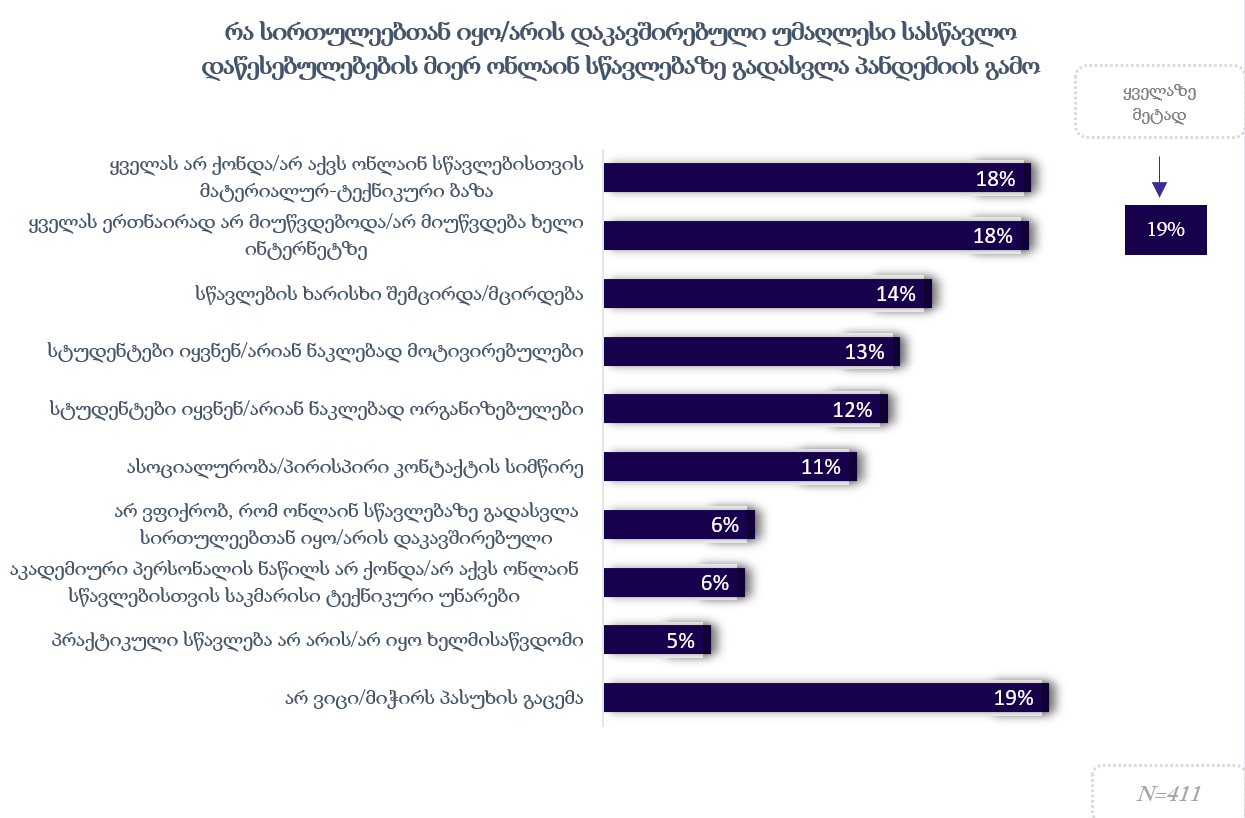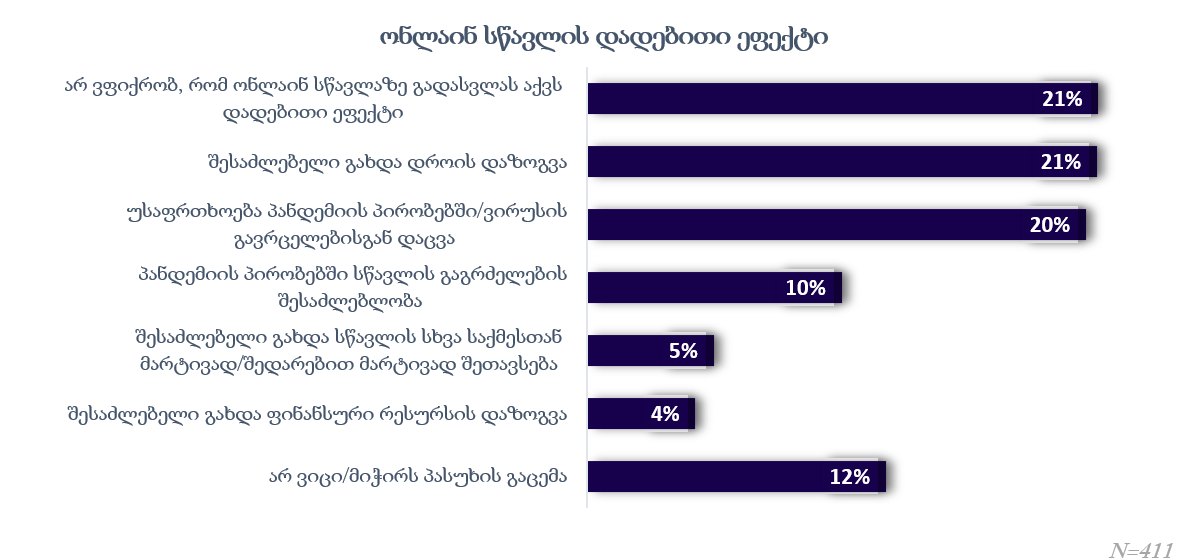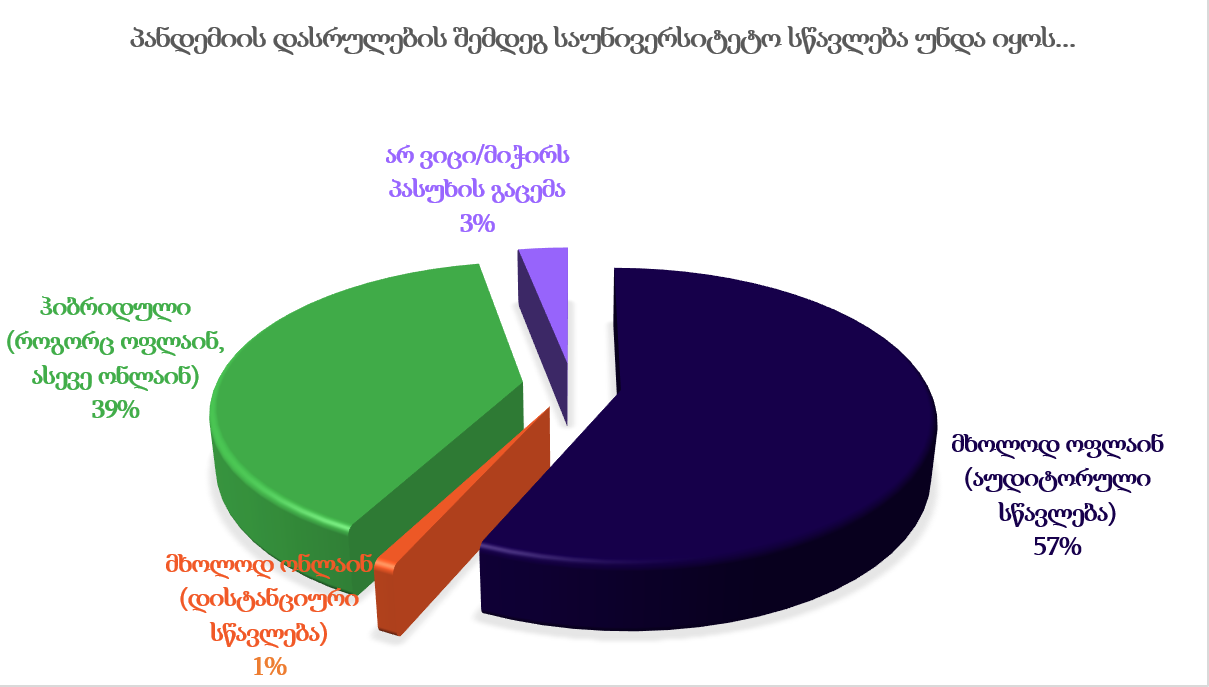





Young people are an important part of society and can be the catalysts of change. Their participation in different processes as promoters of change is therefore crucial in the pursuit of sustainable development in a modern society. In the course of developmental changes, young people encounter different challenges including having a limited role in decision-making processes at local or national levels, as well as isolation and/or lack of integration of different groups of young people, and access to education and employment. We work with public and private sector actors and NGOs as well as young people themselves to analyze challenges faced by young people and to support various stakeholders to make valuable evidence-based decisions.

It is important to promote youngsters as drivers of change, and to become part of different social, economic, political, and/or cultural processes. In this context, it is crucial to support young people in terms of skills development, to raise their awareness about their rights and roles as active citizens, to encourage them to consider empowerment as a mechanism through which to increase their capacities, and to promote the fulfilment of their potential to lead valuable transformations. Our team of professionals supports the empowerment of young people at local and national levels through social surveys, consultancies, trainings, and modules all of which are focused on learning, planning, analyzing existing contexts and challenges, and developing leadership skills. These services assist young people to become active citizens who are informed and responsible decision-makers, and to become fully included in social, economic and political life. Moreover, we support decision-makers in the use of research-based consultancy in the process of youth empowerment.

We work with governmental institutions, businesses, and donor-funded projects to analyze different issues related to children of different age groups. Our studies focus on health, education, protection, adoption and the placement of children in foster care, bullying, social abuse and violence, early marriage, homework difficulties, socialization problems, and many other children-related issues. We conduct social surveys and provide evidence-based consultancy to support decision-makers to meet challenges regarding children’s issues, to protect and promote their rights, and to develop and implement sustainable children-related policies.
Adapting to covid-reality has become a necessity of the present. People have to learn to live with it, and countries have to determine the consequences of a pandemic and work actively on it. The sphere of education did not lag behind this covid chaos. This sphere received a rather strong blow. First the learning process was stopped everywhere and then, all over the world had to continue the learning path in a new format.
The World Bank released a special report in 2020 on the impact of COVID-19 on higher education. As a result of the situational analysis of Europe and Asia, the report identified several important problems that affected the higher education institutions of these two continents as a result of the pandemic. It has been found that the problem of internet delivery is equally troubling to people on different continents - low speeds fail to provide a dynamic online learning process, and better quality service is an expensive pleasure for many of them. In addition, access to personal computers was a problem. Added to all this was the fact that the higher education institutions themselves did not have the necessary infrastructure for online teaching, which would have been targeted at a large number of users, nor were members of the academic team ready to fully digitize the lectures. In addition, the World Bank report also states that distance learning is not always effective, especially during activities such as discussions, interactive group work, and more. That is, everything that helps the student to develop the necessary skills. The report also noted that the focus on cognitive skills was often at the expense of socio-emotional skills, which is also a significant challenge.
According to international studies, the pandemic has affected the lives of more than 200 million people worldwide, including more than 157,000 Georgian students. Along with the main actors in the field of higher education - students, members of the academic and administrative teams of universities also found themselves in this whirlpool of uncertainty. Following in the footsteps of the transformed learning process, at ACT we decided to find out how ordinary Tbilisians value online learning and what they consider to be the biggest problem. As the results of the survey conducted in June show, in general, taking into account all the factors, the surveyed Tbilisians evaluate negatively online learning [out of a maximum of 10 points, this impact is assessed at 4.1 points]. Assessing the specific impact it has had on our country's higher education, the answer is even more negative [3.3 points out of a maximum of 10 points].
We asked our respondents what the difficulties were / are related to the transition of universities to online education due to the pandemic. 18% said that not everyone had / does not have access to the Internet; The other 18% cited the lack of the necessary material and technical base for online learning as the main difficulty, which combines the lack of a personal computer, lack of workspace and other technical problems. Among these difficulties, unequal access to the Internet was named as the "most problematic" for 19%.
Chart # 1. Difficulties Faced with Higher Education Institutions Switching to Online Education Due to Pandemic

At the end of last year, we conducted a survey for the United Nations Population Fund to assess the socio-economic impact of COVID-19 on young people, and it is interesting to note that similar views and problems were identified with young people directly related to online learning. Young people living in Tbilisi, Imereti, Kakheti, Kvemo Kartli and Samtskhe-Javakheti participated in the study. Difficulties with online learning were cited as low readiness and technical problems for students and academic staff in online learning: low access to the Internet and lack of the necessary material and technical base for online learning. The latter problem was particularly acute in families with several members having to study and work online.
Another result of our survey is interesting - according to one in ten Tbilisians surveyed, the transition to online education has turned out to be quite negative for a certain group of society, which is associated with asociality and related stress. 11% of respondents named the lack of socialization as a serious problem, which in the future may create mental health problems for both young people and people of different generations. Incidentally, this challenge was also named as one of the topical problems in the above-mentioned survey conducted for the UN Population Fund.
It is true that online learning has been and still is associated with many difficulties, however, this method also has its advantages. We asked Tbilisians what they think is the positive effect of online learning. One in ten respondents found it difficult to assess this (12%), and 21% do not think that switching to online learning can have any positive effect at all. However, when talking about the benefits of online learning, the majority of respondents identified two important factors - saving time by 21% and protecting against the spread of the virus in a pandemic, or safety by 20%.
Graph # 2. Positive effects of online learning

As it turns out, online learning directly for young people also has its positive effects - in addition to saving time and financial resources, it allows students to easily combine learning for other jobs. These positive aspects of online learning were revealed by a survey of young people at the end of last year. The same study then also showed that because of the advantages listed, the transition to a hybrid learning model was considered important by young people.
Talking about the positive aspects of online learning, young people mentioned one more thing - the introduction of this new format has increased the opportunity and made it accessible to both Georgian and international online training courses. This is an important and strong argument for those who want to learn and develop.
Respondents were also asked what they thought the university teaching format should look like after the pandemic ended. It was found that the majority of Tbilisians surveyed (57%) support the idea of only offline (audit) teaching. However, the hybrid learning format also has enough proponents - 39%.
Graph # 3. What should be the format of university teaching after the end of the pandemic

Despite the difficulties associated with online learning, the idea of hybrid learning is uniquely welcomed by young people. Because the main positive effect - "combining learning with other things" turned out to be quite a weighty argument for them. That is why it is quite natural that young people will be happy to meet the existence of a hybrid learning format in the post-covid reality.
However, despite the positive attitudes of young people towards hybrid education, the transition to such a model of the Georgian university system may be premature. At this stage, the mixed model of teaching in universities is a forced response to the challenge and not a new format of teaching, which was developed to create an effective university education system.
According to the World Health Organization, the pandemic will not only be defeated, but will regain strength by the fall, and there is a high probability that distance learning and work will become an inevitable reality in the near future. That is why, with regard to the future prospects of online learning, the European Commission has developed the Digital Education Action Plan (2021-2027) for the coming years, which outlines the priorities to be focused on outcome-oriented learning. Conducting more digital specialists, as well as creating user-friendly mechanisms and secure platforms that adhere to e-privacy and ethical standards.
Naturally, all these issues will be relevant for Georgia as well, and we can confidently assume that distance learning will become an essential component of higher education. Only time will tell how our country will be able to cope with this challenge and provide quality education for future generations. However, one thing is clear - the need to switch to forced online learning will at least help increase the digital competencies of both students and academics, enhance digital capabilities by universities, improve software, and create quality content for e-learning. It undoubtedly has the advantages that can be used effectively and boldly in the post-pandemic reality of education.
[1] COVID-19 Impact on Tertiary Education in Europe and Central Asia
[2] საქსტატი
[3] Farnell, T., et al., 2021. The impact of COVID-19 on higher education: a review of emerging evidence. Analytical report. European Commission. EU Publications.
[4] Assessing the Socio-economic Impact of COVID-19 on Young People in Georgia
[5] Assessing the Socio-economic Impact of COVID-19 on Young People in Georgia